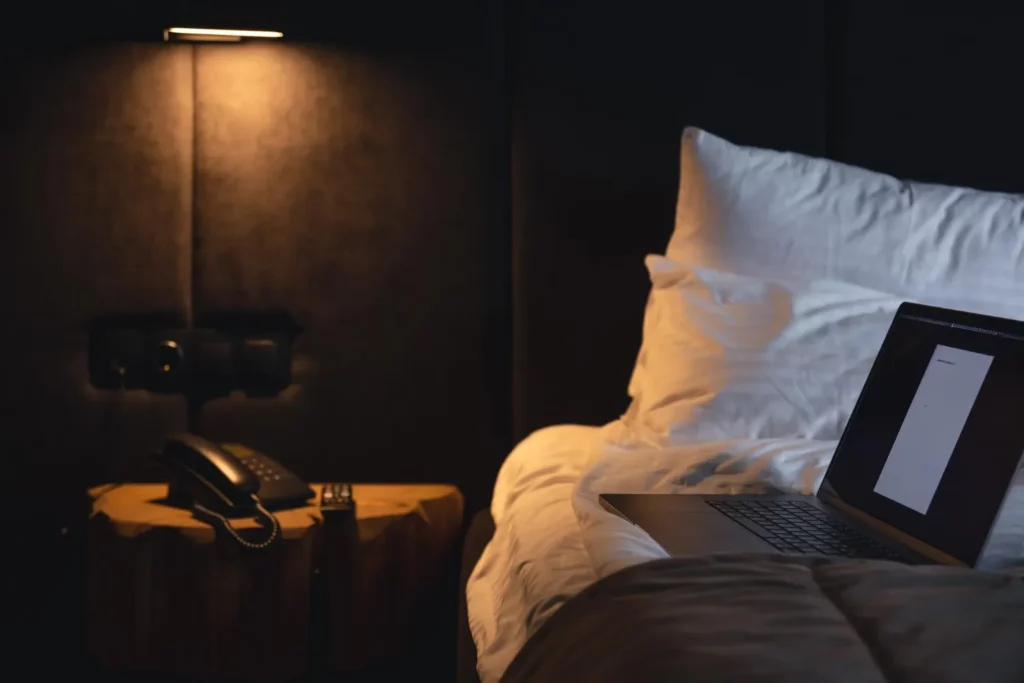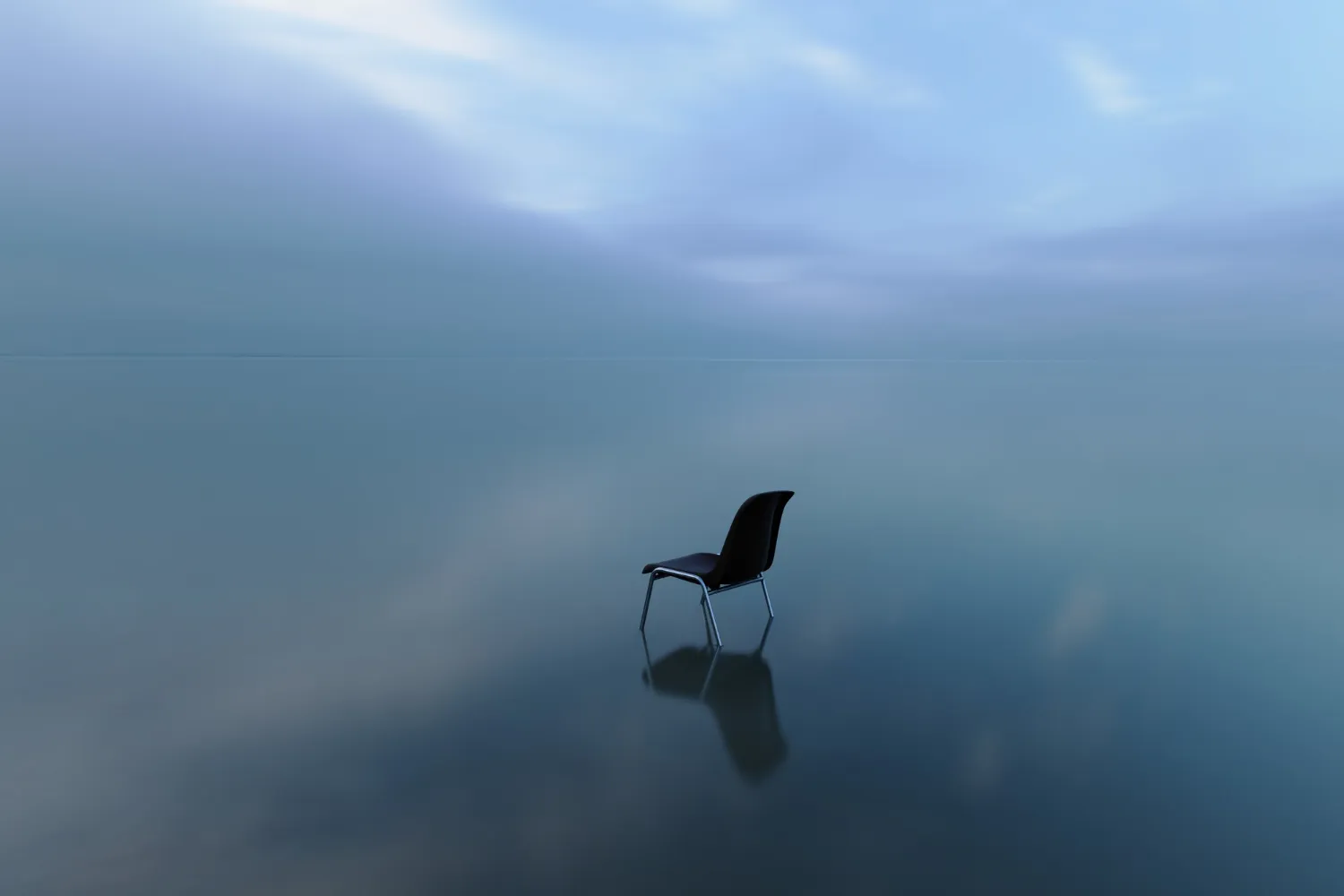Impactful Mental Health Knowledge: That Monster Called Insomnia

“Sleep is the best meditation.”
Dalai Lama
Introduction
Insomnia is a monster I know all too well. It’s not just the struggle to fall or stay asleep — it’s the endless tossing, the racing thoughts, and the exhaustion that greets you every morning. I was diagnosed with insomnia at age 40 during rehab, alongside ADHD, Anxiety, Depression and Grief. That’s when I realized how closely these conditions were connected. For years, I went to bed anxious, stressed, or deeply depressed. During active addiction, my insomnia grew worse, creating a vicious cycle of poor sleep and declining mental health.
But there’s hope. Sobriety and Addiction Recovery have taught me that managing my sleep is non-negotiable. When I prioritize my rest and my sleep, my mental health and sobriety thrive.
Impactful Reflections
MY MIND THE BATTLE FIELD.
My battle with insomnia didn’t happen overnight — it was years in the making. I’d lie in bed replaying conversations, worrying about the future, and feeling the weight of my failures. ADHD kept my mind overstimulated. Anxiety kept me on edge. Depression drained me, and Grief paralyzed me, yet my thoughts kept me awake. In active addiction, these struggles intensified, and my sleep suffered even more.
REHAB “the Pivotal Change.”
Rehab was a turning point. Getting assessed and diagnosed with insomnia, ADHD, Anxiety, Grief and depression gave me the clarity I needed. I saw how unmanaged mental health fueled my sleepless nights. I learned that when I don’t manage my stress, anxiety, or ADHD, my insomnia flares up. But today, I monitor my sleep like a hawk. Even after a heated argument last night with a close family member that once would’ve ruined my night, I refused to let it steal my peace. I slept like a bear in the South Pole.
IMPACTFUL ACTIONS:
If you’re struggling with insomnia, especially in recovery or dealing with mental health challenges, here are three steps to take:
1. Master Sleep Hygiene: Create a calming bedtime routine. Avoid screens an hour before bed, keep your room cool and dark, and try relaxing activities like meditation or reading. Consistency matters.
2. Manage Underlying Conditions: Insomnia often signals deeper issues like anxiety, depression, or ADHD. Get assessed by a professional and address these challenges head-on.
3. Seek Help When Needed: I used sleep medication when my insomnia was acute, and it helped. Medication can be useful when properly prescribed and monitored. But I also embrace a holistic approach: mindfulness, balanced nutrition, and emotional regulation.
IMPACTFUL RESOURCES:
• TED Talk: “Why We Sleep” by Matt Walker — A powerful talk on the importance of sleep and its impact on our mental and physical health.
• Podcast: “The Huberman Lab” — Dr. Andrew Huberman’s episodes on sleep science and practical strategies for better rest are life-changing.
• Book: “The Sleep Solution” by W. Chris Winter, MD — A practical, insightful guide to understanding and overcoming insomnia without fear.
CALL TO ACTION:
If you’re in recovery or managing mental health, take your sleep seriously. Track your patterns, reflect on what fuels your insomnia, and take proactive steps toward better rest. Sleep is not a luxury — it’s a lifeline.
CONCLUSION:
Insomnia might feel unbeatable, but it’s not invincible. By managing your mental health, building consistent sleep habits, and staying self-aware, you can reclaim your nights and your peace. Recovery and rest are possible. Prioritize your sleep — your mind and body will thank you.









